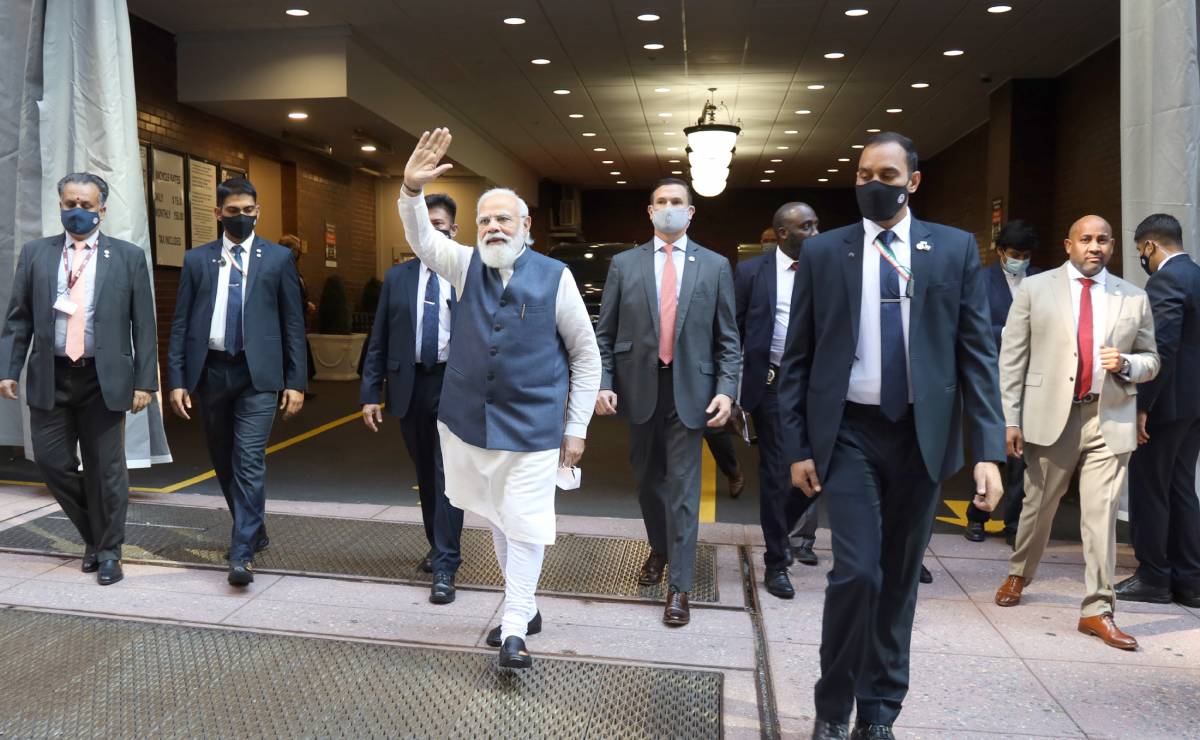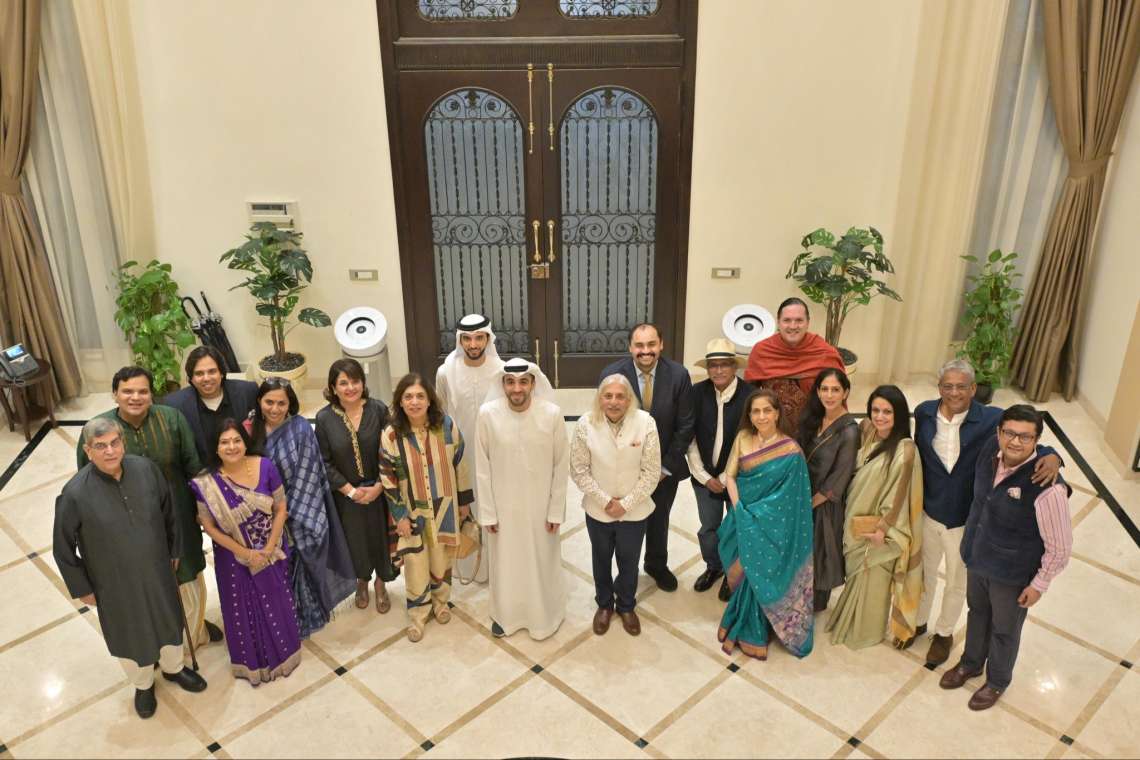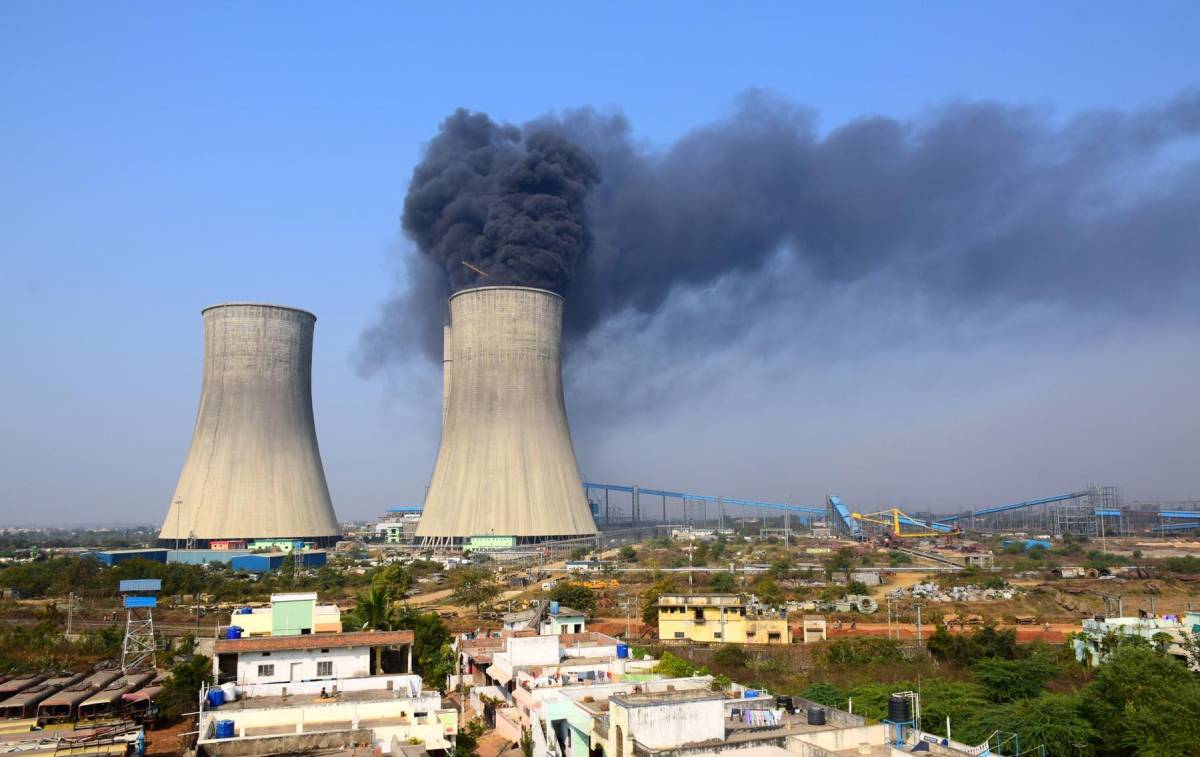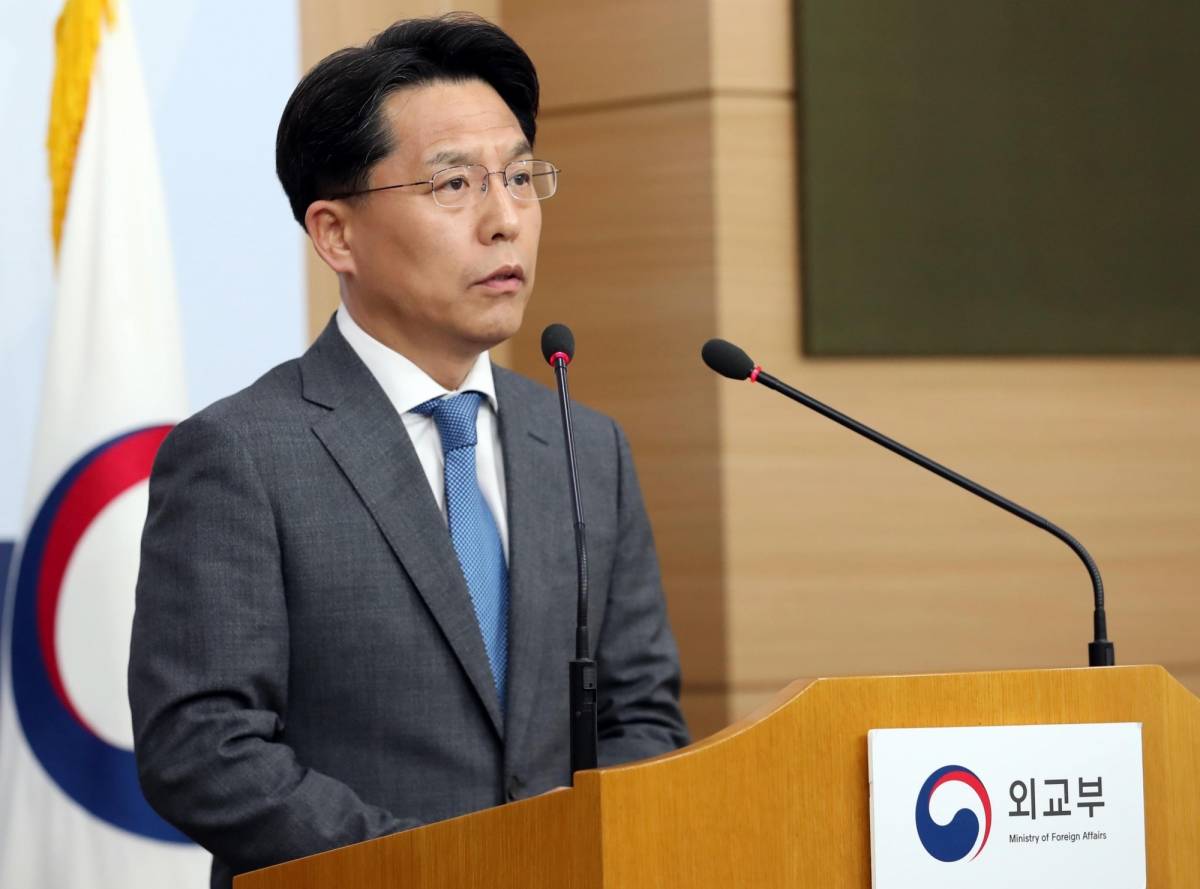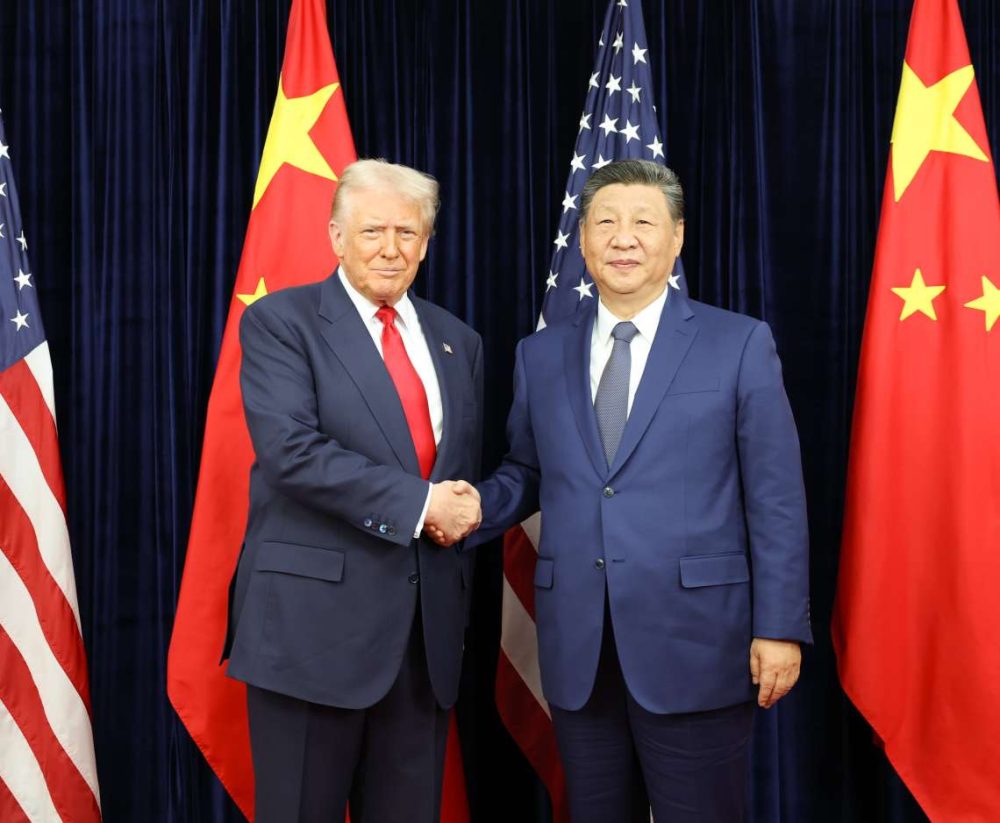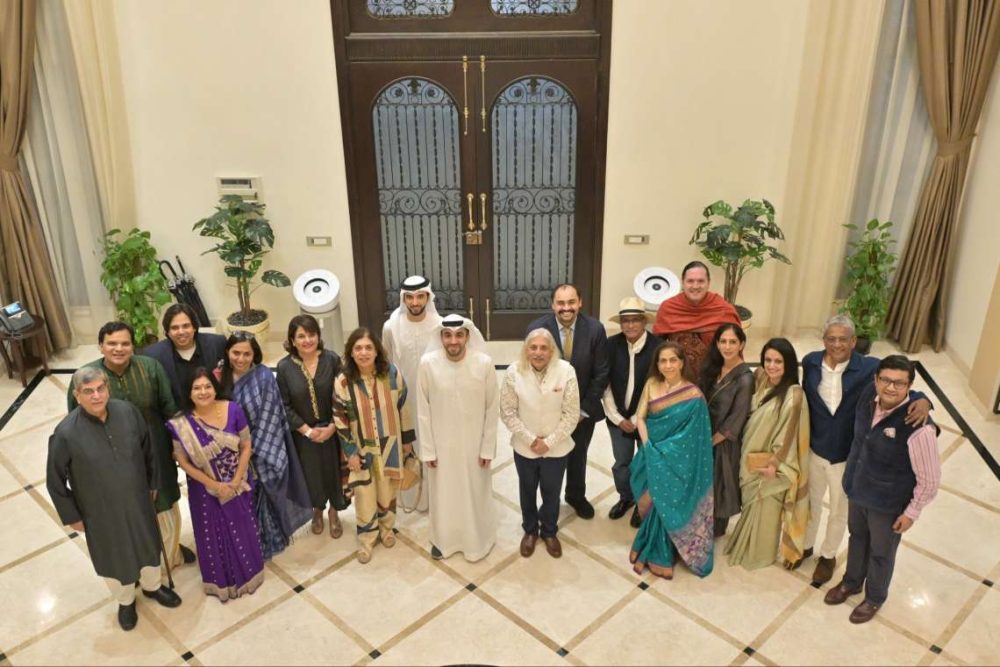Indian Prime Minister Narendra Modi bannered during his address that threated by regressive models of radicalism and authoritarianism, democracy as a governing system is the way forward for the rest of the world, including the Global South, a report by Atul Aneja
Indian Prime Minister Narendra Modis address to the UN General Assembly (UNGA) Modi has been noted for its messaging at many levels.
During his robust speech, PM Modi spoke about the threat from Afghanistan’s descent into a hub of global terrorism , after the forcible takeover of the country by a radical Taliban . The PM also strongly advocated the urgency for a rule-based governance of the high seas-a veiled reference to China’s expansionism in the South China Sea.
But the subtext of the PM message was even more profound. PM Modi bannered during his address that threated by regressive models of radicalism and authoritarianism, democracy as a governing system is the way forward for the rest of the world, including the Global South.
PM Modi stressed that democracy delivers good governance, citing India’s solid achievements in the social and economic spheres. Consequently, democracy as a superior system that guaranteed prosperity , without undermining fundamental rights such as free speech and gender equality is, by its very nature, also a vital antidote to defeat false narratives of radicalism, pursued by Pakistan, and an oligarchic model adopted by China. In fact, China been espousing that its top-down model is the best way to achieve rapid economic progress-a message that it has hammering at elites, especially in the developing world, under its Belt and Road Initiative (BRI). PM Modi robustly countered this flawed advocacy during his UNGA intervention.
In a veiled reference to Pakistan, which has been backing Taliban radicals in Afghanistan, the Prime Minister warned that, a policy of sponsoring terrorism can backfire on its perpetrators. “Those who use terrorism as a political tool have to understand that terrorism is an equally big threat to them as well,” PM Modi stressed. The Prime Minister also bugled that , “The danger from regressive and extremist thinking is on the rise,” –a day after India gave a strong response to Pakistani Prime Minister Imran Khan bringing up the Kashmir issue at the UNGA.
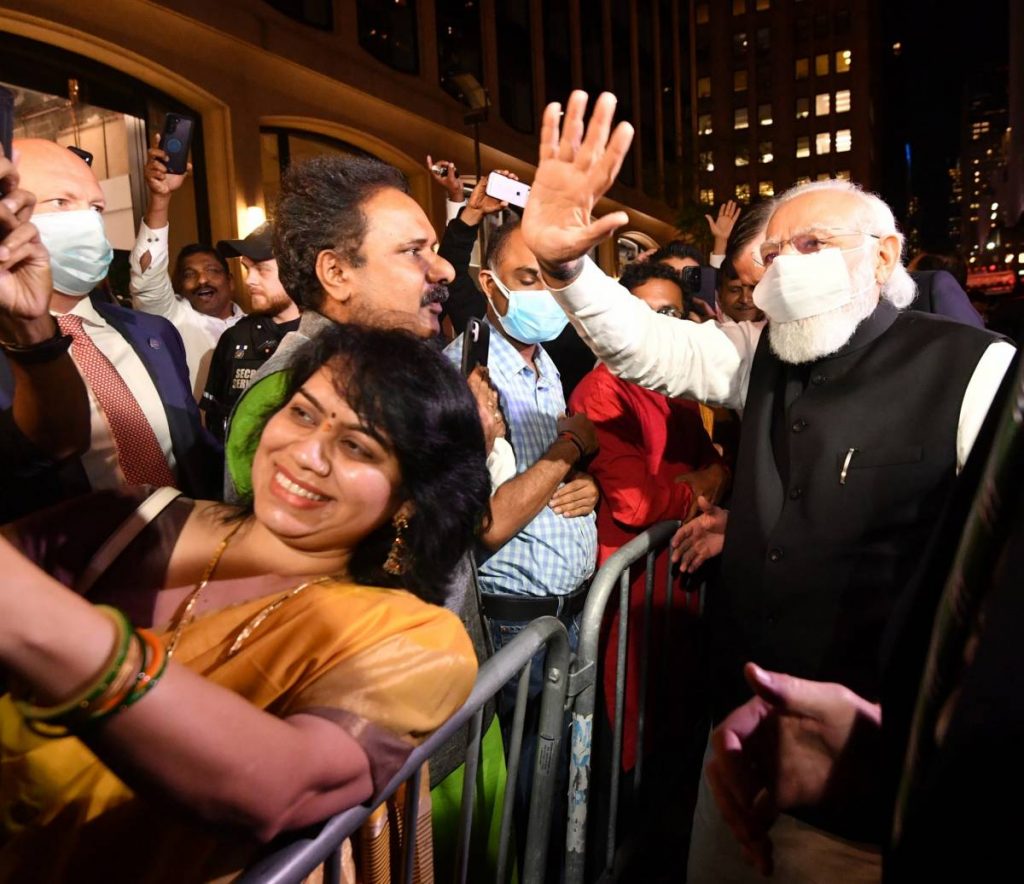
In an oblique reference to China on account of its increased belligerence in the Indo-Pacific, the Prime Minister asserted that an that oceans were a shared heritage. “The oceans should be used, not abused,” he remarked.
“Our oceans are also the lifeline of international trade. We must protect them from the race for expansion. The international community must speak in one voice to strengthen a rule-based world order,” he added.
In contrast to regressive models which are not based on rationality or science, the Indian model of revitalised democracy worked to usher in a new era of modernisation, which makes full use of digital technology.
PM Modi highlighted that India, an emerging economy, is carrying out a campaign to ensure that piped clean water reaches over 170 million homes in India. India was also using drones to map over 600,000 villages to give people digital records of their homes and lands, a process that will reduce property disputes and give people increased access to credit and bank loans.
ALSO READ: India extends Covid-19 norms till Oct 31
The Prime Minister went on to say that India’s progress in the scientific and technological sectors was scalable, cost effective and could benefit the world. Indeed, its new Covid-19 vaccine delivery programme offered digital support to register the administration of millions of doses in a single day.
PM Modi also announced that India has developed the world’s first DNA vaccine, which can be administered to anyone above the age of 12, and an mRNA vaccine that is in the final stages of development, he added.
“Despite limited resources, India is completely invested in the development and manufacture of vaccines,” said Modi, issuing an open invitation to manufactures across the world: “Come, make vaccine in India.”
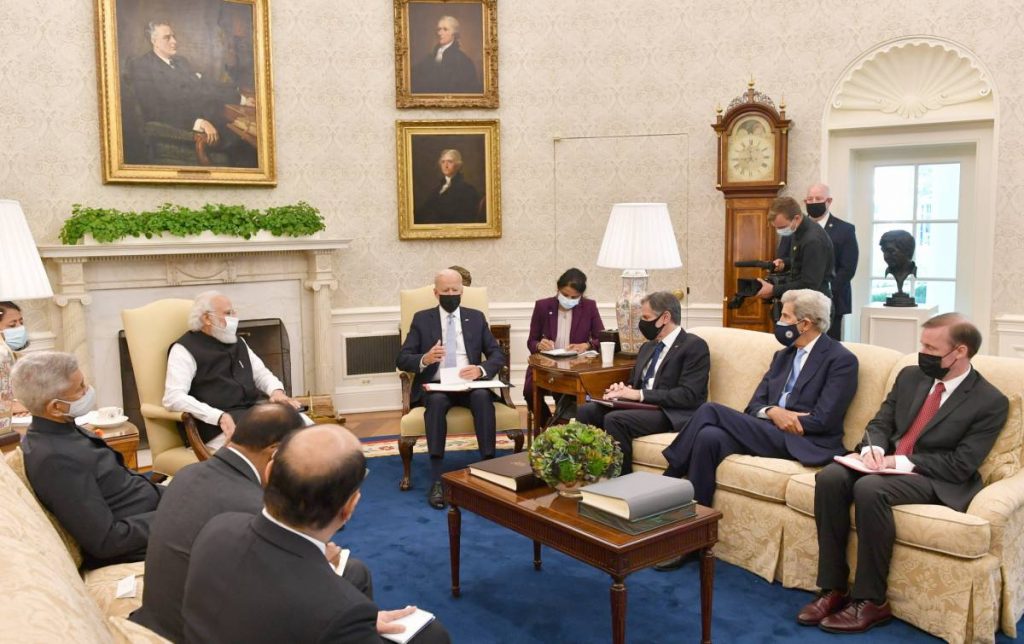
In another reference that questioned the Chinese model, PM Modi said that India is becoming a democratic and reliable partner for global industrial diversification. Moreover, India has struck a balance between economy and ecology, and is moving forward with “great speed” on its renewable energy goals.
“Science-based, rational and progressive thinking must be the basis for development,” said Modi, explaining that India was rolling out innovative programmes in schools, creating ‘start-up labs’, and, in honour of the 75th anniversary of the country’s independence, planning to launch 75 satellites – made by Indian students – into space.
New digital technologies
Prime Minister Narendra Modi had fired India’s intent to become a key global manufacturer of semiconductor chips—the core of new digital technologies, including 5G networks, drones and electric cars, during his recently concluded visit to the United States.
PM Modi personally flagged a rising India’s aspiration to become an international semiconductor hub during his meeting with Christiano R Amon, CEO of Qualcomm, during the Washington leg of his visit to the US, which included a rousing address to the United Nations General Assembly (UNGA) and a proactive participation in the first face-to-face summit with fellow members of the Indo-Pacific Quad.
“It was a great meeting. We talked about 5G and its acceleration. We talked about an incredible opportunity to advance the industry not only domestically in India but India as an export of technology,” Ramon said, bannering the strategic importance of his meeting with Modi following his pithy interaction with the Indian Prime Minister.
Modi acquainted the Qualcomm CEO with India’s huge potential as a formidable semiconductor base in the international supply chain of computer chips. India is also a huge domestic market for chips.
According to Invest India– the nodal body under the Ministry of Commerce and Industry, facilitating fresh investment in the country, the country’s semiconductor demand at present, is valued around $ 24 billion but by 2025, the market is expected to touch $ 100 billion.
PM Modi told Amon that India had defined 5G standards and called for Qualcomm’s active participation in this field.
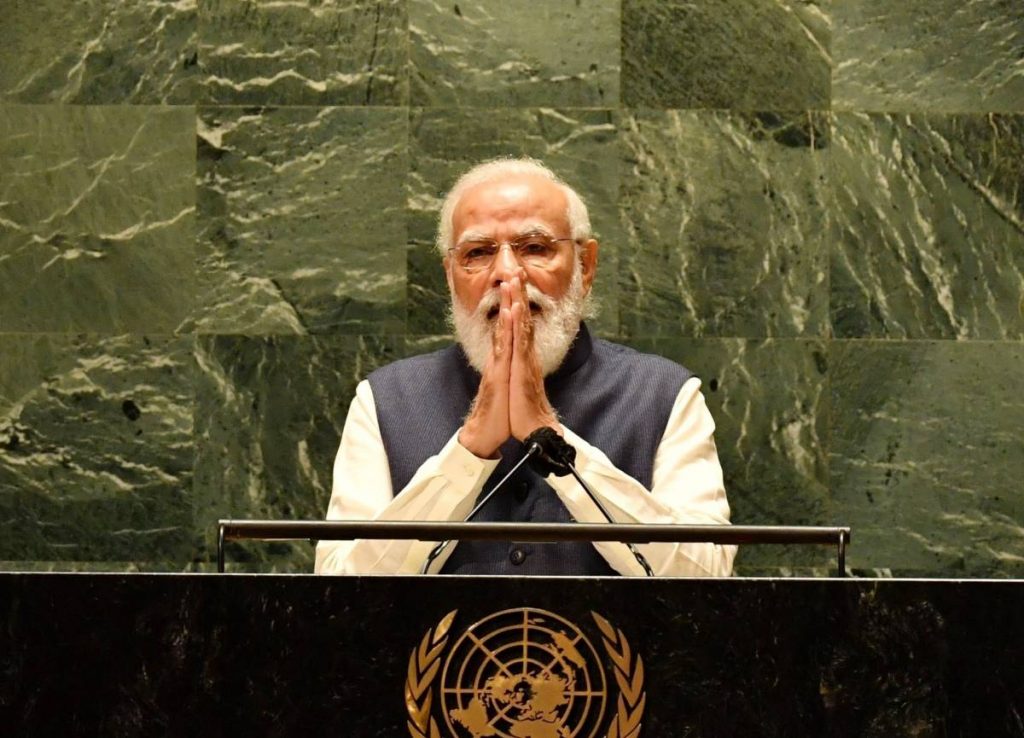
The Prime Minister gave Amon an overview of the great investment opportunities in India’s telecommunications and electronics universe, specifically focusing on the recently launched Production Linked Incentive Scheme that would greatly benefit international companies pursuing Electronics System Design and manufacturing. He also pointed to untapped opportunities for building the local innovation ecosystem in India, tapping proven Indian talent, which Qualcomm had already leveraged while expanding its international footprint.
“We spoke on semiconductors which is an important topic of conversation. We spoke on the opportunity to continue to build an incredible mobile ecosystem developing in India. We are happy with everything we’re doing together with India. I think the approach to driving economic growth in making India a destination for investment has been very successful and we welcome that,” Amon observed.
PM Modi’s meeting assumes importance as there is major thrust among the Indo-Pacific partner countries—a coalition of democracies– to reduce dependence on China in semiconductors and develop independent supply chains. India with its huge market offers a major opportunity for the US tech giants as Washington pushes through its policy of decoupling from China. Analysts point out that the world understood during the course of the Covid-19 pandemic that overreliance on China in the global supply chains could prove harmful, as Beijing could leverage its critical role in the global economy for unfair political advantages.
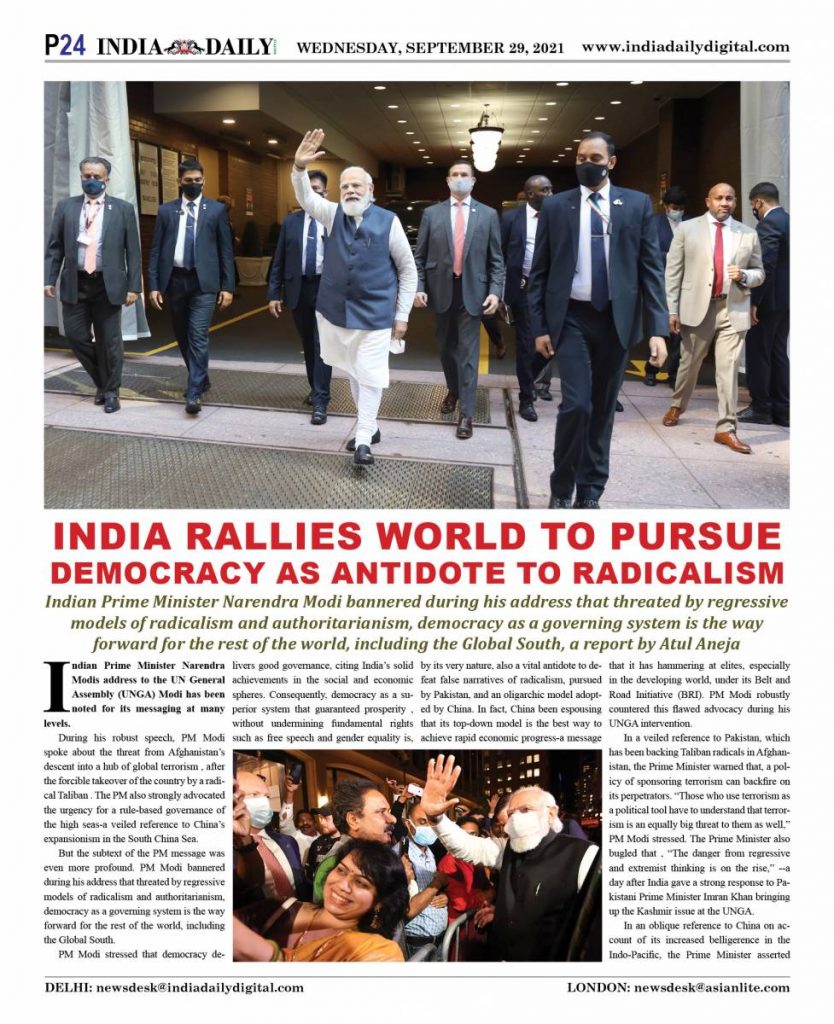
The message of India’s strategic interests in semiconductor chips, this time flagged at the highest level in the US, has already been picked up in other geographies as well, including Taiwan. Bloomberg Quint is reporting that officials in New Delhi and Taipei have met in recent weeks to discuss a deal that would bring a chip plant worth an estimated $7.5 billion to India to supply everything from 5G devices to electric cars.
The report also said that India is currently studying possible locations with adequate water and manpower. Besides, the government is looking at providing financial support of 50 per cent of capital expenditure from 2023 as well as tax breaks, it added.
Taiwan, which is the largest exporter of electronics and controls, enjoys more than 60 per cent share of the global market for semiconductors used in smartphones, vehicles and closed-circuit televisions, among other products.
(The content is being carried under an arrangement with indianarrative.com)


